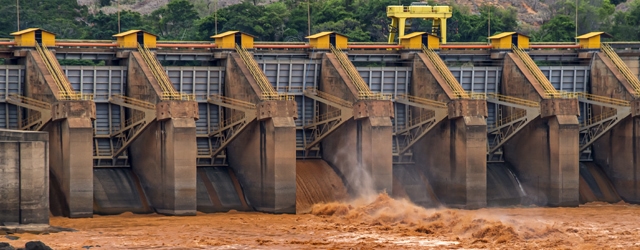Famously fit Fabio Schvartsman faces environmnetal, financial and market challenges as newly appointed CEO of Brazilian iron-ore maker Vale.

Fabio Schvartsman surprises acquaintances with his frequent mountain running to the top of Pico do Jaragua, at 3,273 feet the highest point of Sao Paulo.
This sexagenarian Brazilian executive, best known for compulsively overcoming his own limits, will command the mining company Vale, the world’s biggest iron-ore producer. When his appointment as CEO was announced, Vale’s shares went up.
A former general director of Klabin, the largest Brazilian cellulose producer, Schvartsman faces three main challenges in his new job. The biggest being to guide Vale’s conversion to a single class of stock—following decisions already taken to make the mining company less vulnerable to government influence and give more power to minority investors.
Schvartsman’s second challenge will be environmental issues related to mining activity, a challenge that became more visible after the worst environmental accident in Brazilian history, in 2015, when a Samarco tailing dam collapsed. Samarco is a joint venture of Vale and BHP Biliton.
Third challenge? The iron-ore market. Vale exported 374 million tons last year, due largely to China expanding steel production. Although iron ore has recovered from $39.58 per dry metric ton in December 2015 to $74.38 in April, it is well below the $187.20 per ton of April 2011.
At Klabin, according to Celso Lafer, a former Brazilian foreign minister, Schvartsman had a key role—including responsibility for financial engineering—in building Puma, a $2.58 billion production facility of long fiber pulp, in record time, demonstrating his abilities.
“Fabio has shown competence to deal with the stock market and, thanks to his efforts, our new facility has received positive evaluation from the domestic and foreign markets,” says Lafer. “We were prepared to renew Fabio’s contract with Klabin, but he was already bitten by the ‘challenging fly’ and has chosen the command of a major Brazilian company.”



